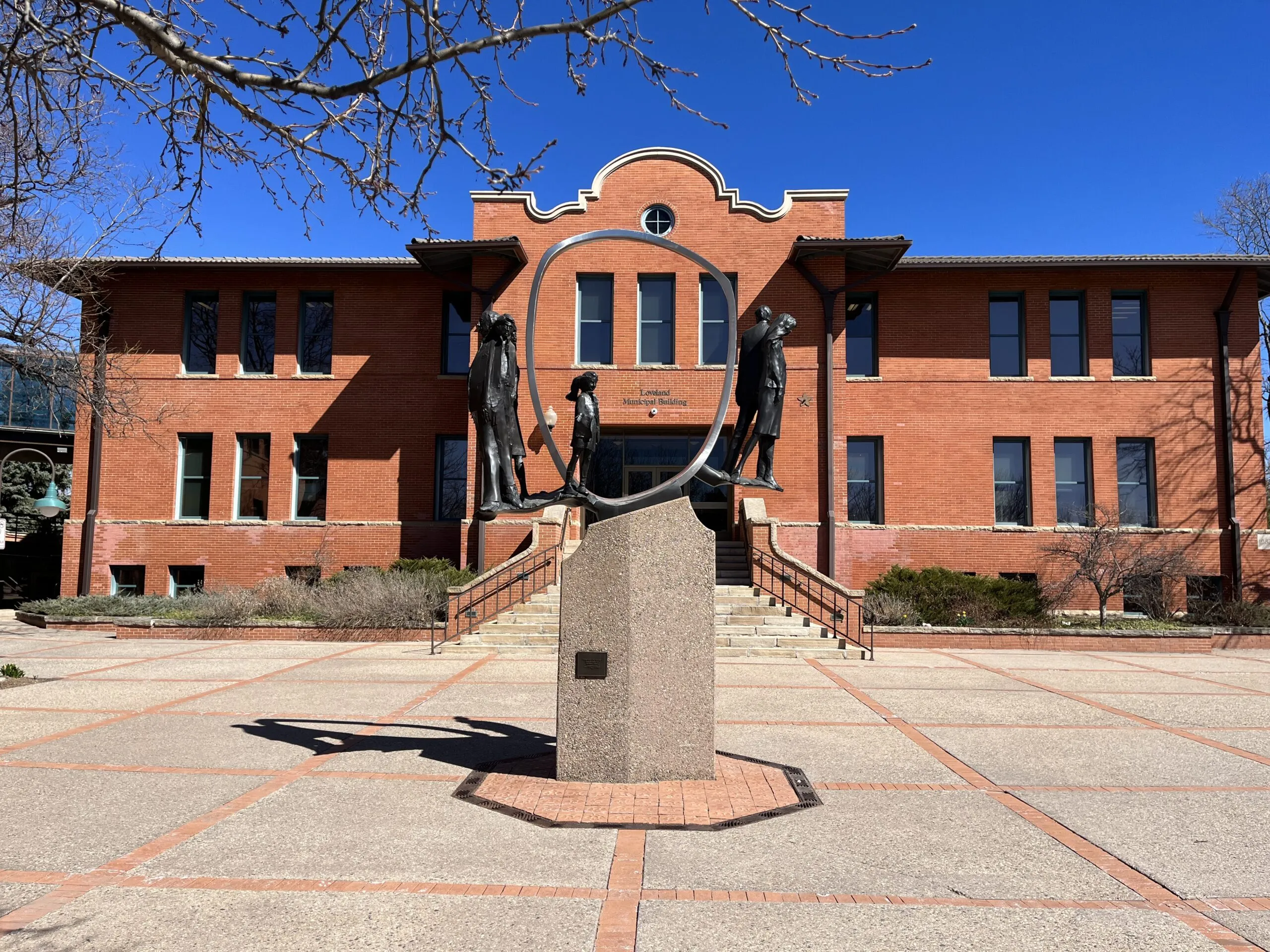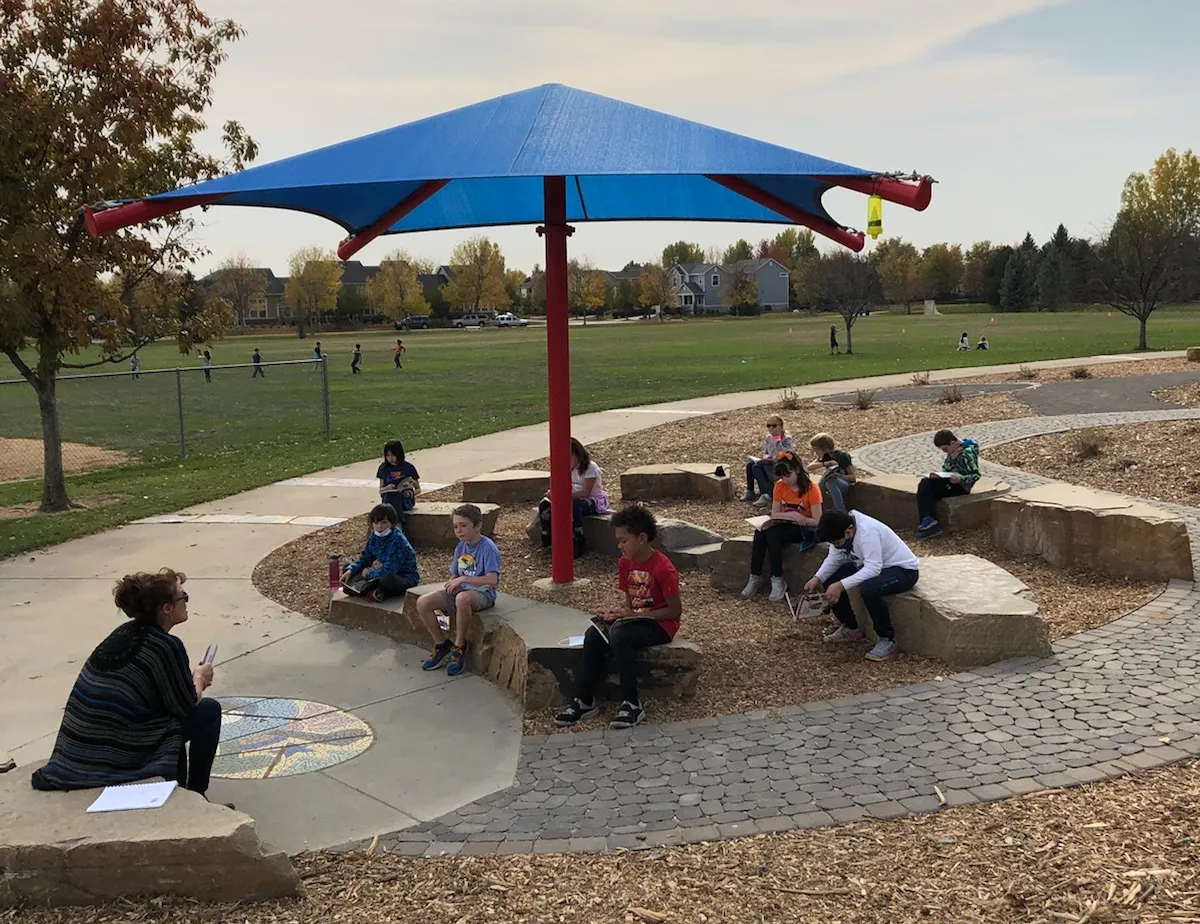Loveland council leans toward broad cuts if voters OK food-tax exemption

LOVELAND – Presented with what they saw as some alarming consequences to the city’s budget if Loveland voters in November pass a ballot issue that would remove purchases of “human food for home consumption” from the city’s sales tax base, City Council members at a Tuesday meeting appeared to learn toward a contingency budget making across-the-board cuts to city services as opposed to leaving funding for public safety intact but imposing steeper cuts in other areas.
Steeper cuts to core services and city amenities would be an example of “how to destroy a thriving community in 30 days or less,” said…
THIS ARTICLE IS FOR SUBSCRIBERS ONLY
Continue reading for less than $3 per week!
Get a month of award-winning local business news, trends and insights
Access award-winning content today!




